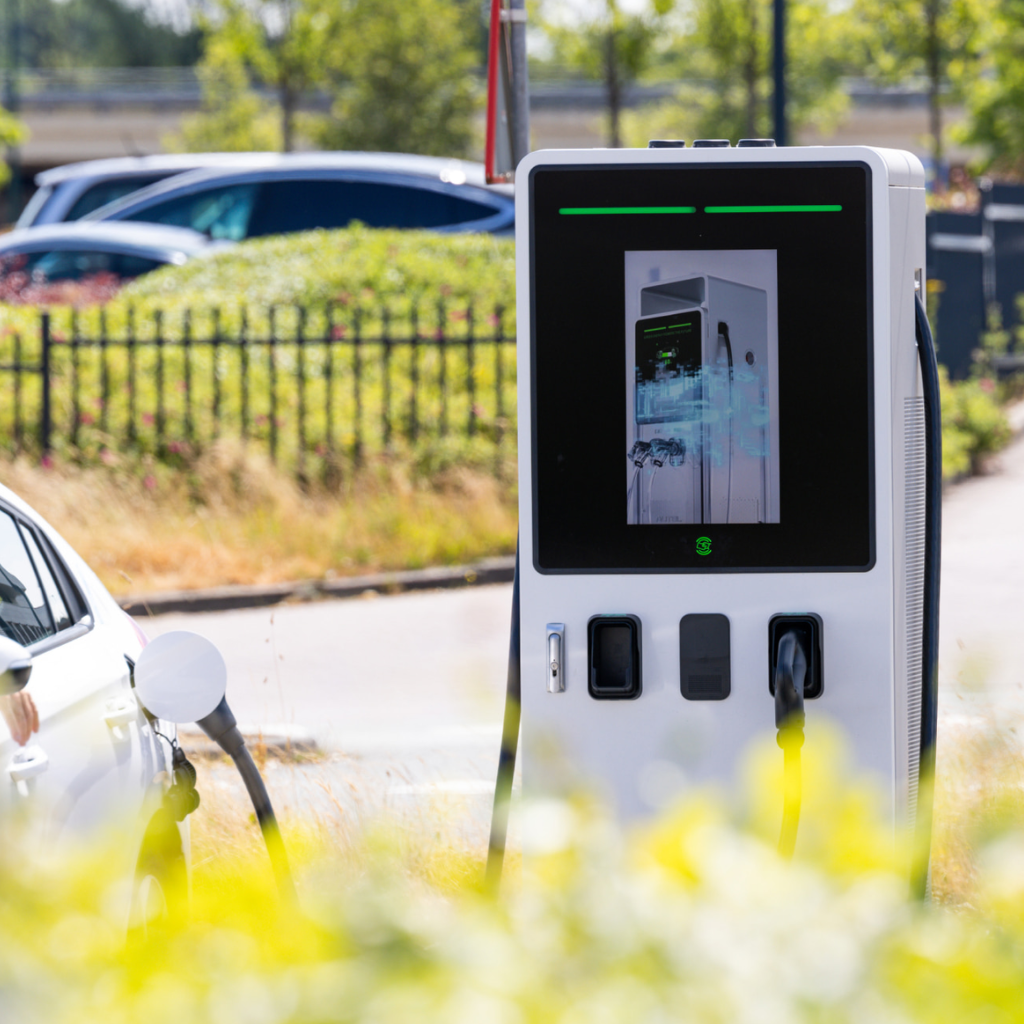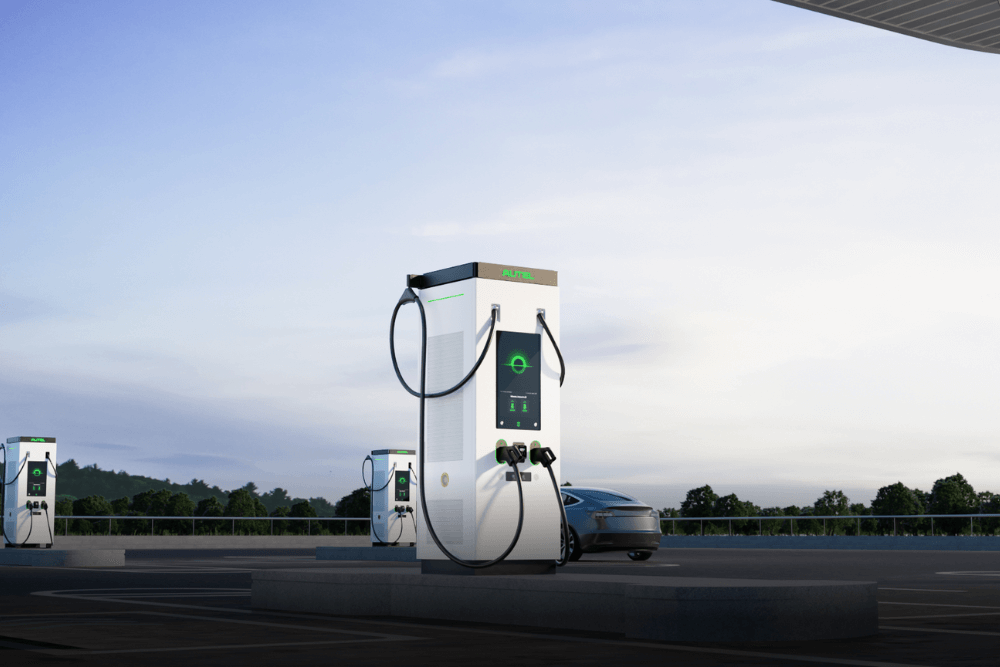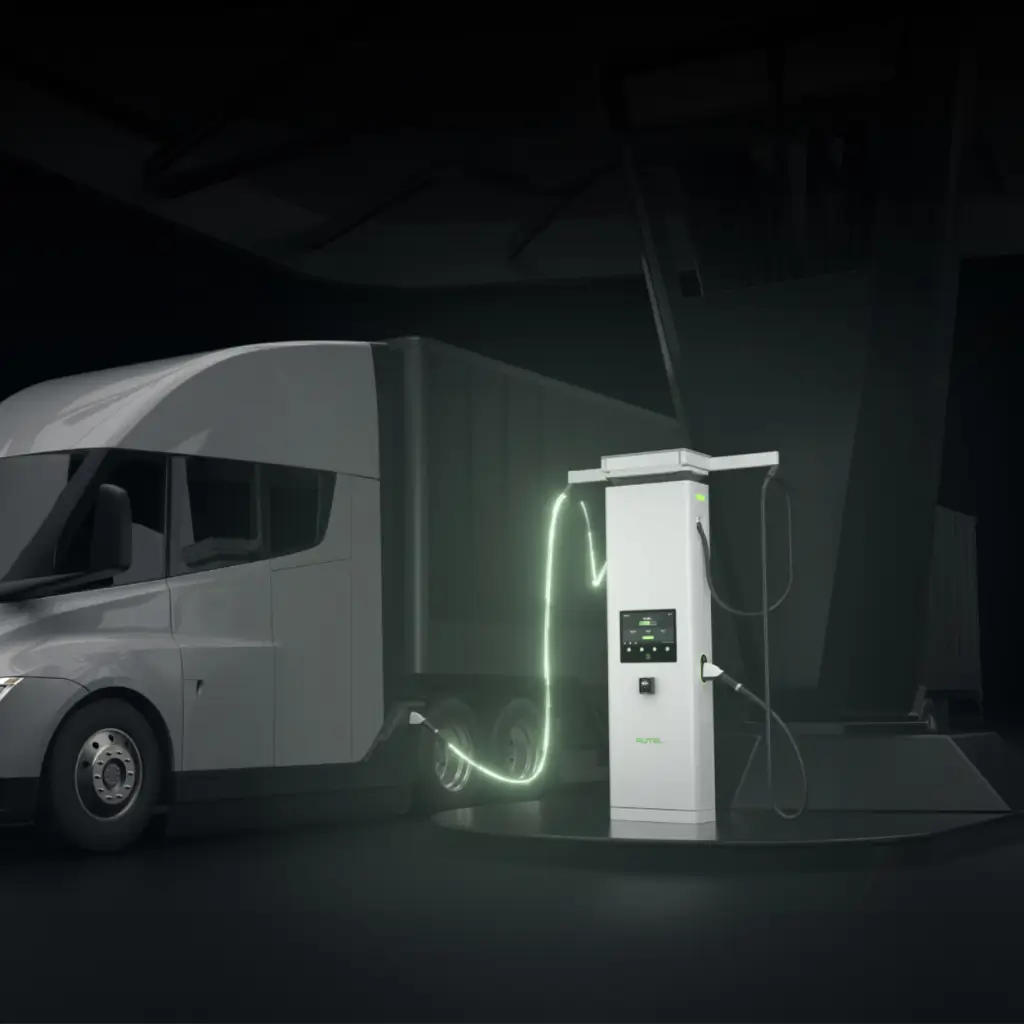
- MaxiCharger DH480
- MaxiCharger AC Pro
- MaxiCharger DC HiPower
- MaxiCharger DC Fast
- MaxiCharger DC Compact
- MaxiCharger AC Elite

- For CPOs
- For Fleets
- For Destination
- For Residential
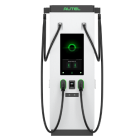 MaxiCharger DH480
MaxiCharger DH480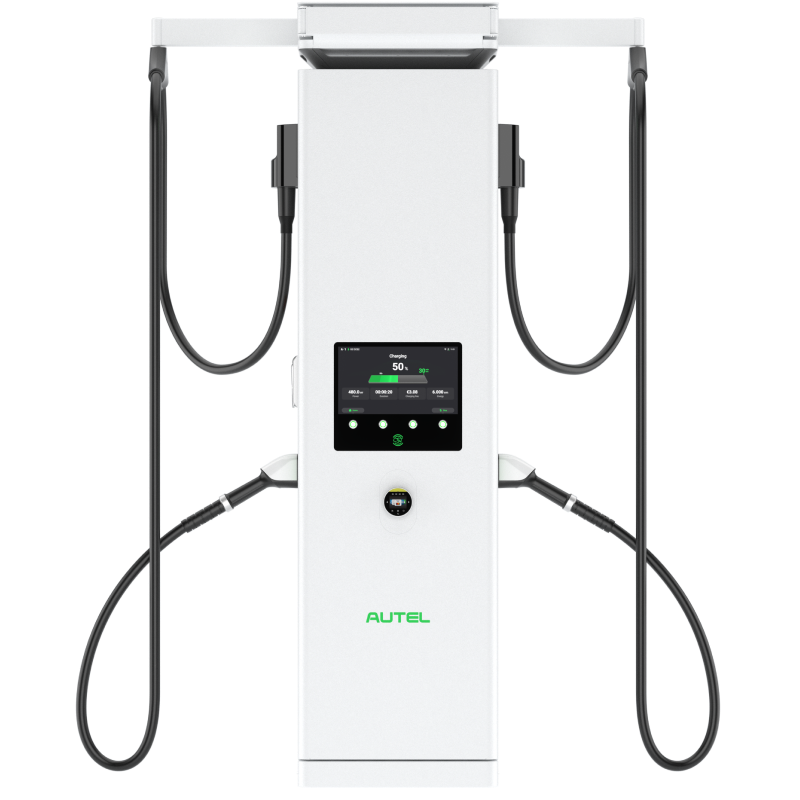 MaxiCharger DC HiPower
MaxiCharger DC HiPower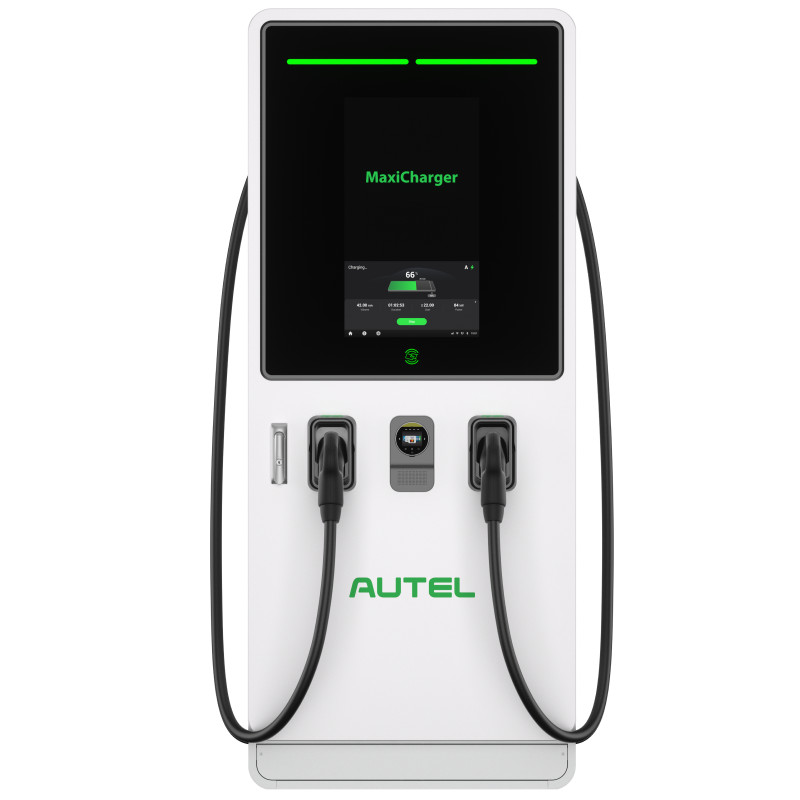 MaxiCharger DC Fast
MaxiCharger DC Fast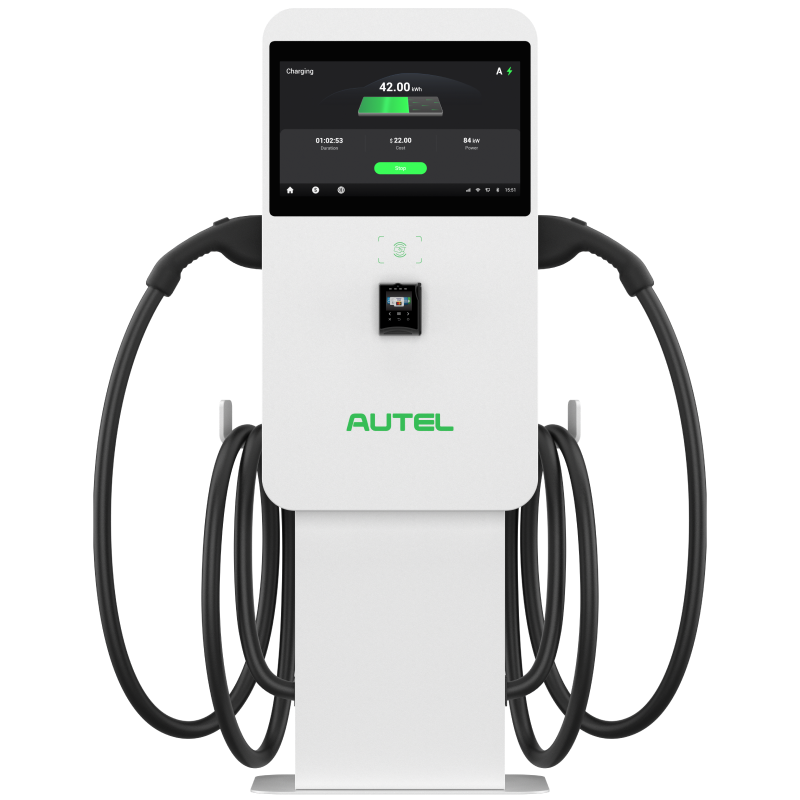 MaxiCharger DC Compact
MaxiCharger DC Compact
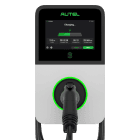 MaxiCharger AC Pro
MaxiCharger AC Pro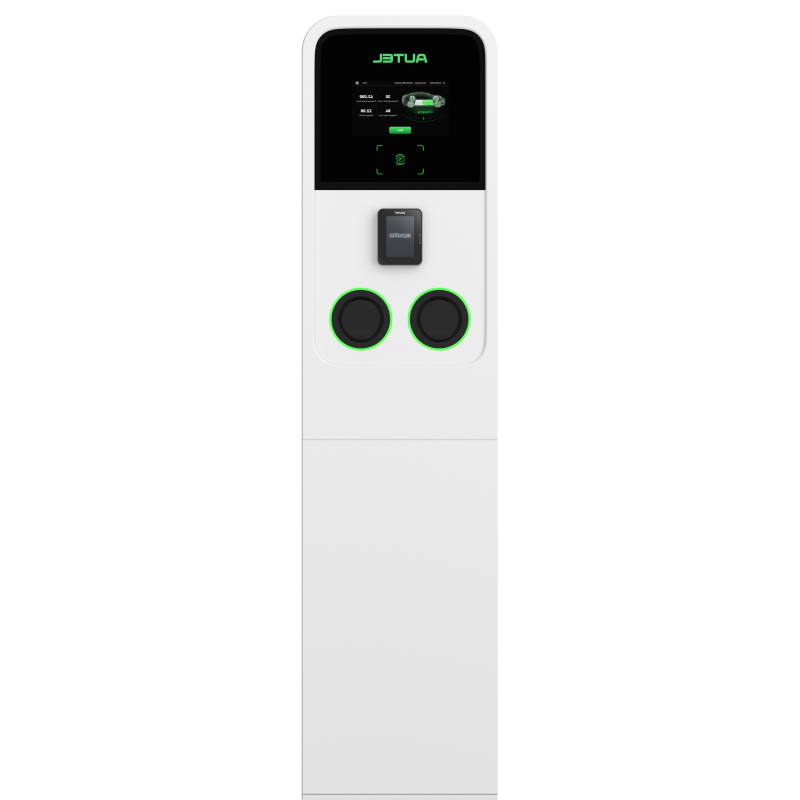 MaxiCharger AC Ultra
MaxiCharger AC Ultra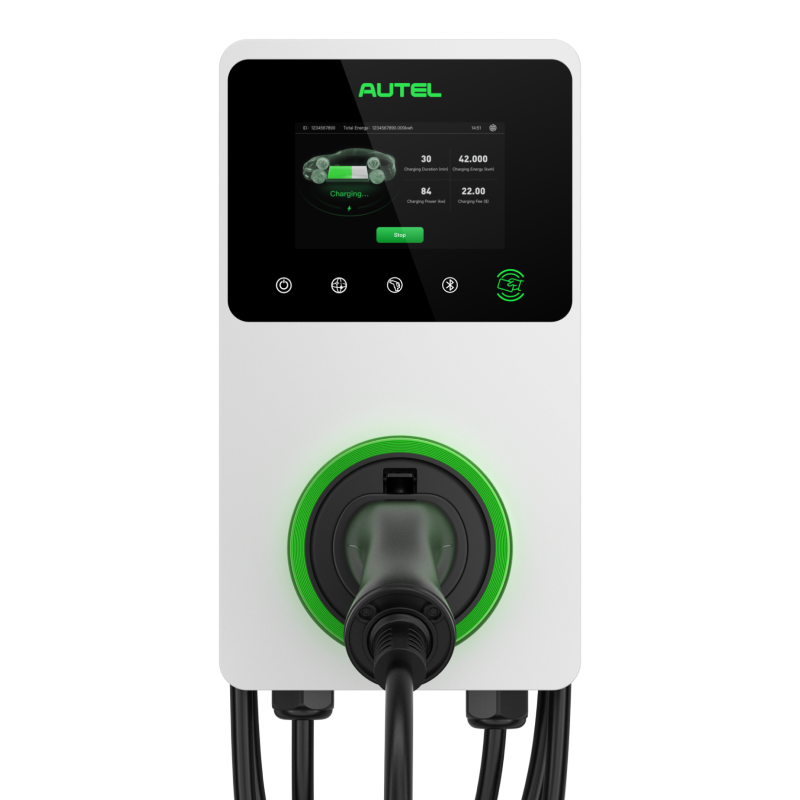 MaxiCharger AC Elite
MaxiCharger AC Elite
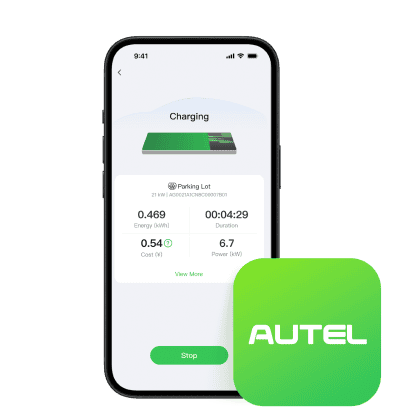 Software
Software
- Partner Introduction
- Become A Partner
- Event
- FAQ
- Blog
- About Autel
- Contact Us
- Sustainability
- Newsroom
- Brand Center
- Product Center
How the hospitality industry benefits from installing public EV charging stations
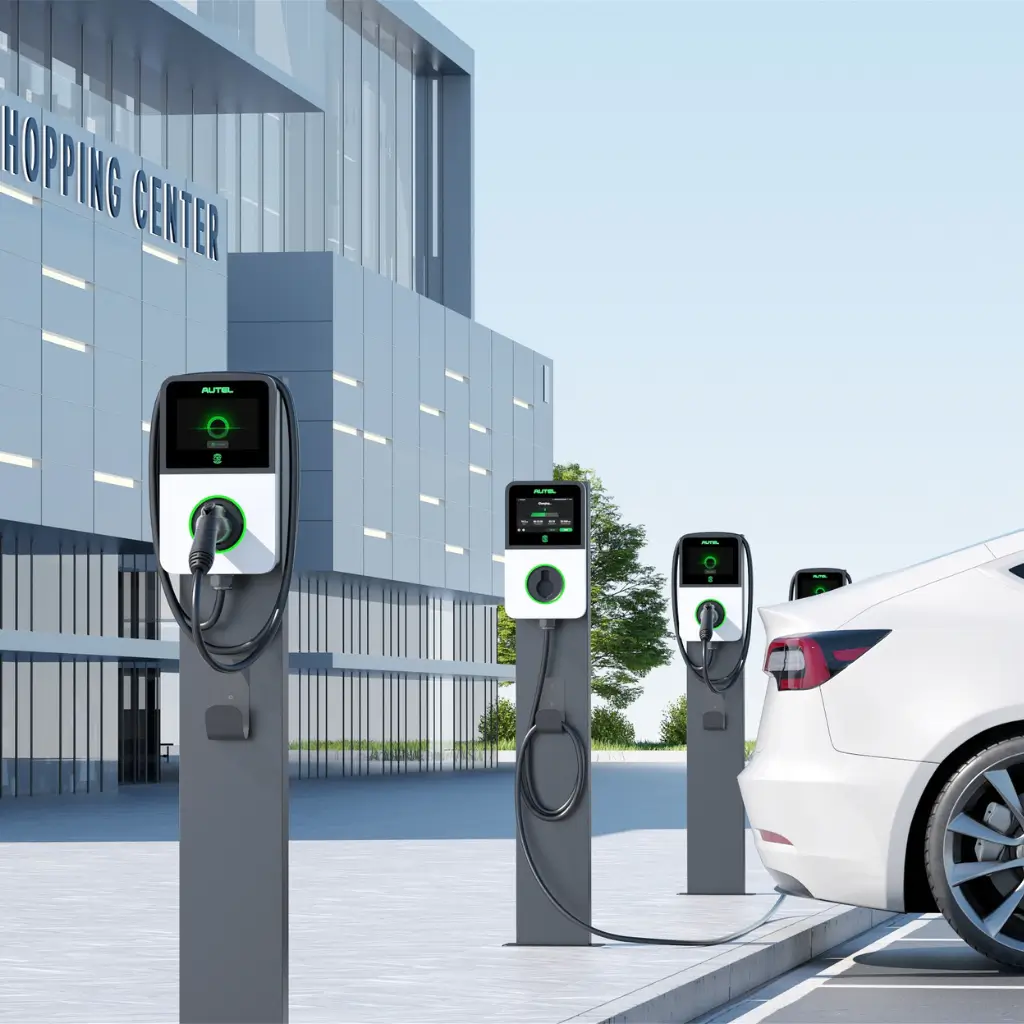
Beyond meeting rising guest expectations, EV charging enhances brand image, drives direct revenue, improves occupancy rates, and supports ESG and sustainability goals. As online bookings increasingly filter for EV amenities, properties without chargers risk being overlooked entirely.
In contrast, early adopters are not only attracting high-value, eco-conscious guests but also future-proofing their assets in an evolving market. This article explores how hospitality businesses can turn EV infrastructure into a strategic advantage.
Why EV Charging Matters for Hospitality
The Rise of Electric Vehicles
Electric vehicles (EVs) are no longer a niche trend—they’re rapidly becoming a mainstream choice for American drivers. As more travelers take to the roads in EVs, the need for reliable, accessible charging options has grown exponentially. For hotels, this isn’t just a matter of service—it’s a strategic shift. Properties that fail to adapt risk being filtered out of consideration entirely by EV-owning guests. On the flip side, those that act early are positioning themselves to capture a valuable, growing customer segment.
Changing Guest Expectations
Today’s EV drivers expect charging access to be as standard as Wi-Fi or parking. A hotel without EV charging can appear outdated or inconvenient—especially to guests planning multi-day road trips. As online booking platforms allow users to filter results by EV-friendly amenities, properties without chargers may be invisible to high-value customers. Installing EV chargers sends a clear message: this hotel understands the needs of modern travelers and is investing in a better guest experience.
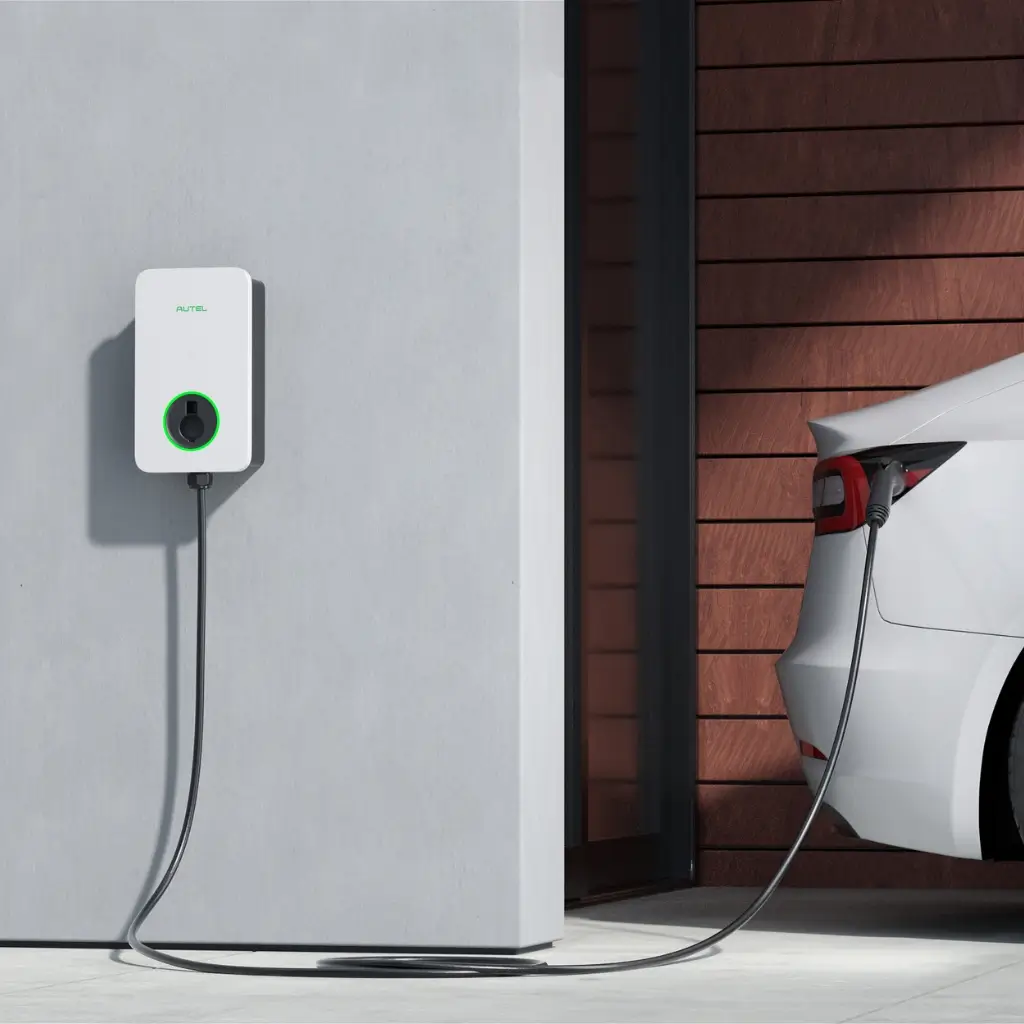
Attracting More Guests
Driving Higher Occupancy
For many travelers, EV charging is not a bonus—it’s a booking requirement. Guests often plan their routes around where they can recharge overnight. Hotels that provide EV charging regularly see increased occupancy, particularly from long-distance travelers and business guests with electric vehicles. In competitive markets or during off-peak seasons, this can be a powerful differentiator that helps maintain stable booking volumes.
Boosting Guest Satisfaction and Loyalty
No one wants to search for a public charger after a long drive. By offering reliable, on-site charging, hotels reduce stress for EV guests and improve their overall stay. This simple convenience often translates into stronger online reviews, higher guest satisfaction scores, and improved loyalty. For brands focused on long-term guest retention, EV charging provides a subtle but significant service upgrade.
Creating New Revenue Opportunities
Charging Fees and Bundled Packages
EV charging doesn’t have to be a cost center—it can be a revenue driver. Many hotels charge by the hour or kilowatt-hour for usage, while others include it as part of premium room packages. These strategies help recoup infrastructure investments and increase average revenue per room. More importantly, EV charging opens the door to new bundled offerings and upsell opportunities tailored to modern travelers.
Increased Onsite Spending while Charging
When guests stay on-site to charge their vehicles, they spend more time at the property. That additional “dwell time” can lead to more visits to the restaurant, bar, spa, or gift shop. By turning the charging period into an opportunity for increased guest engagement, hotels can unlock new layers of profitability from each stay—without increasing staffing or overhead.
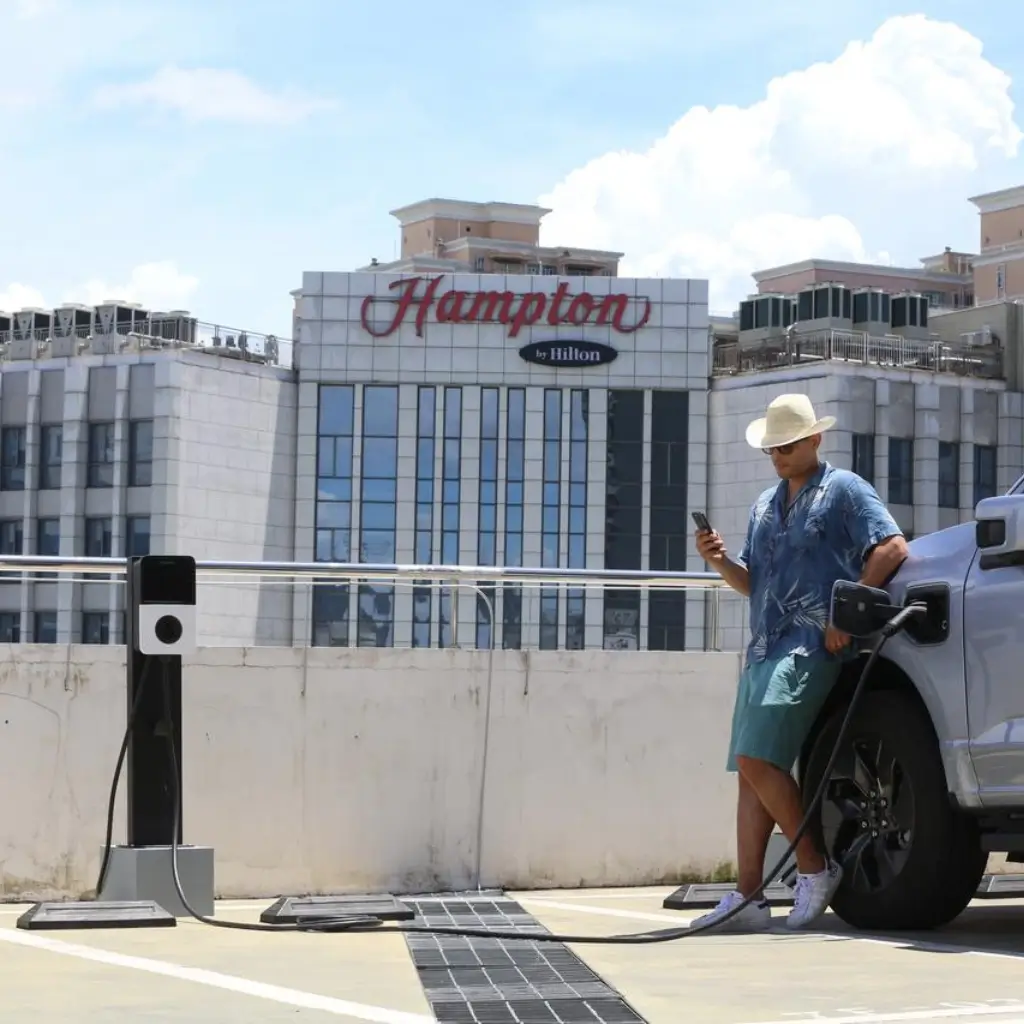
Enhancing Brand and Sustainability Image
Appealing to Eco-Conscious Travelers
Younger travelers and high-income demographics are increasingly driven by values, especially sustainability. Hotels that offer EV charging are seen as forward-thinking and environmentally responsible. This can influence not only individual booking decisions but also corporate travel planners seeking partners that align with their ESG criteria.
Supporting ESG Goals and Green Certifications
For hotel groups pursuing LEED, Green Key, or other sustainability certifications, EV charging contributes directly to point accumulation. It also enhances ESG reports, investor relations materials, and corporate brand storytelling. In an era when green performance is tied to capital access and shareholder perception, this infrastructure isn’t just about service—it’s about compliance and reputation.
Gaining a Competitive Edge
Standing Out in Local Markets
In many cities and secondary markets, EV infrastructure is still underdeveloped. Hotels that install chargers early gain a unique advantage. They can market themselves as the preferred choice for eco-conscious or tech-savvy travelers. In regions where competitors haven’t yet invested, EV charging can become the single feature that secures a booking.
Future-Proofing Your Property
EV charging is not a passing trend—it’s a long-term transformation of how people travel. Properties without a plan for EV infrastructure may face costly retrofits down the line, especially as demand grows and regulation tightens. Early adopters, by contrast, ensure that their assets remain relevant, compliant, and attractive to future guests and investors alike.
Understanding Costs and Incentives
Installation Basics and Charger Types
Hotels can choose between Level 2 chargers—ideal for overnight guests—or DC fast chargers for quick turnover needs. Installation costs vary depending on power availability, parking layout, and desired charging speed. While some owners fear high upfront expenses, many projects can be phased in gradually and customized to the hotel’s guest profile and property type.
Government Grants and Tax Credits
Federal, state, and utility-sponsored incentives can dramatically lower the cost of installing EV chargers. Rebates, tax credits, and infrastructure programs are widely available—but navigating them requires experience. Partnering with a provider familiar with hospitality-based incentives ensures that your hotel doesn’t leave money on the table.
Related reading:What Does It Cost To Install An Electric Car Charger?
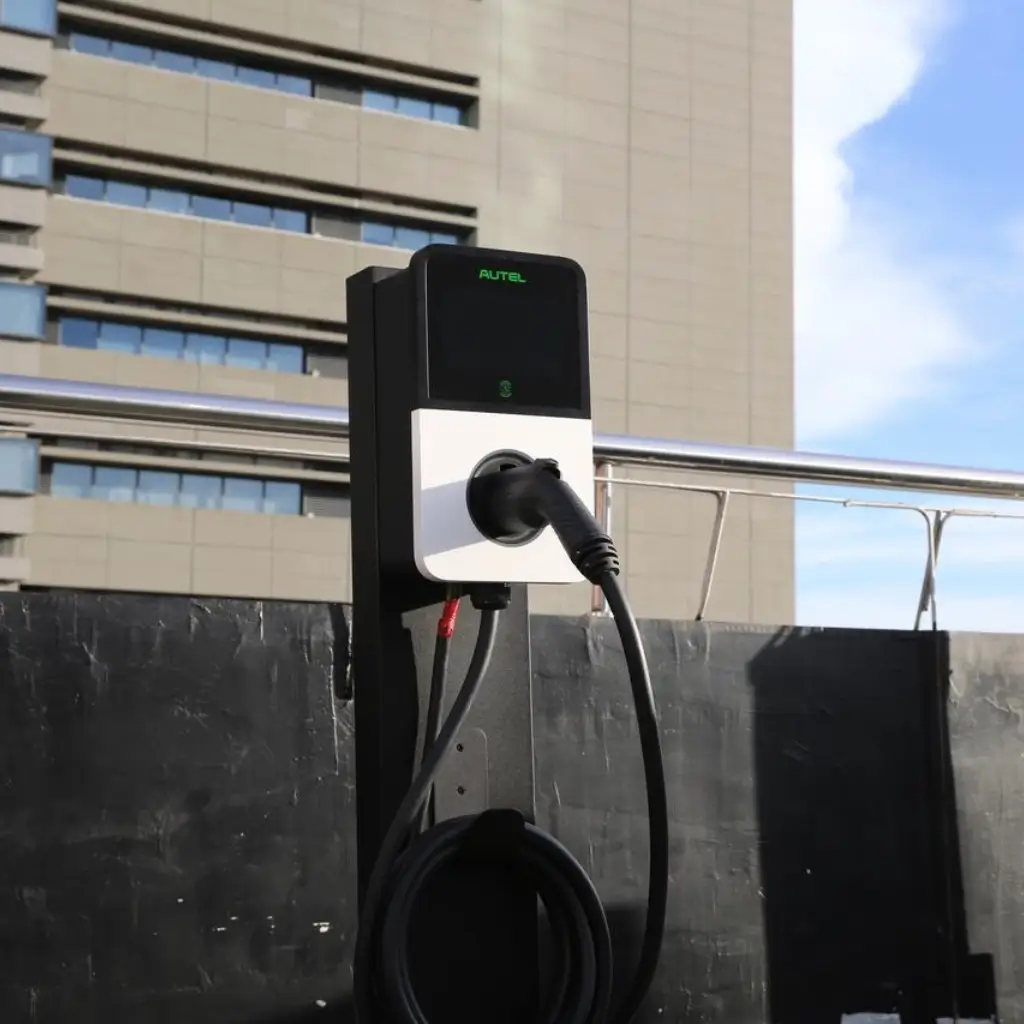
Improving the Guest Experience
Easy Access, Booking, and Use
Guests expect EV charging to be as smooth and intuitive as any other part of their stay. That means clear signage, simple payment options (e.g., app, credit card, RFID), and visibility during the reservation process. When executed properly, charging becomes a frictionless part of the guest journey—one more reason to leave a five-star review.
Integration with Hotel Systems
Modern EV systems can be integrated directly into your property management system (PMS), guest apps, or billing platform. This allows for automatic room charges, loyalty point accumulation, or even reservation-based charging time slots. For hotels seeking operational efficiency, integration ensures that EV infrastructure enhances—not complicates—day-to-day management.
Final Takeaway
EV Charging as a Smart Hospitality Investment
Installing public EV charging isn’t just a reactive move to changing times—it’s a strategic decision with measurable business outcomes. From increasing bookings and raising guest satisfaction to generating new revenue and supporting green initiatives, EV chargers deliver on multiple fronts. The longer you wait, the harder it is to catch up.
How to Get Started
Start with a basic assessment: How many parking spots can be allocated? What does your typical guest need? What incentives are available in your state or city? Then, choose an experienced installation partner that understands the hospitality sector. A phased rollout is possible—what matters most is taking the first step now, before your competitors do.
